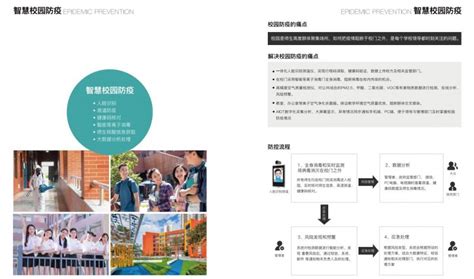广州市大数据管理局电话
Title: Navigating the Realm of Big Data Governance: Insights into Guangzhou Municipal Big Data Management Bureau
In the everevolving landscape of technology and information, the effective management of big data has become paramount for governments and organizations worldwide. As such, entities like the Guangzhou Municipal Big Data Management Bureau play a crucial role in harnessing the power of data for societal advancement while ensuring privacy, security, and ethical considerations. Let's delve into the functions, challenges, and recommendations for the Guangzhou Municipal Big Data Management Bureau.
Introduction to Guangzhou Municipal Big Data Management Bureau:
The Guangzhou Municipal Big Data Management Bureau serves as the focal point for big data governance within the city. Established to oversee the collection, analysis, and utilization of vast amounts of data generated within Guangzhou, the bureau plays a pivotal role in driving innovation, enhancing governance, and fostering economic development.
Functions and Responsibilities:
1.
Data Collection and Integration:
The bureau is tasked with collecting data from various sources, including government agencies, public institutions, and private enterprises. This data encompasses a wide range of domains, including demographics, transportation, healthcare, and urban planning.2.
Data Analysis and Insights:
Leveraging advanced analytics tools and techniques, the bureau analyzes the collected data to derive actionable insights. These insights inform decisionmaking processes across different sectors, enabling policymakers to devise effective strategies and initiatives.3.
Privacy and Security Assurance:
Ensuring the privacy and security of citizens' data is a top priority for the bureau. It implements robust data protection measures, including encryption, access controls, and anonymization techniques, to safeguard sensitive information from unauthorized access or misuse.4.
Policy Formulation and Regulation:
The bureau plays a crucial role in formulating policies and regulations related to big data management and governance. By establishing clear guidelines and standards, it promotes responsible data practices while addressing ethical and legal concerns.Challenges Faced:
1.
Data Quality and Reliability:
Ensuring the quality and reliability of data remains a significant challenge for the bureau. With data being sourced from disparate sources, inconsistencies, inaccuracies, and biases may arise, impacting the integrity of analytical insights.2.
Privacy Concerns:
As data collection becomes more pervasive, concerns regarding individual privacy and data protection have heightened. The bureau must strike a balance between leveraging data for public good and respecting citizens' rights to privacy.3.
Technological Complexity:
Managing and analyzing large volumes of data require sophisticated technological infrastructure and expertise. Keeping pace with advancements in data analytics, artificial intelligence, and cybersecurity poses a continuous challenge for the bureau.
4.
Interdepartmental Coordination:
Effective data governance necessitates collaboration and coordination across multiple government agencies and departments. Overcoming siloed approaches to data management and fostering interdepartmental cooperation remain ongoing challenges.Recommendations and Best Practices:
1.
Enhance Data Quality Assurance:
Implement data quality assessment frameworks and standards to ensure the accuracy, completeness, and consistency of data. Regular audits and validation processes can help identify and rectify discrepancies.2.
Prioritize Data Privacy and Ethics:
Develop clear guidelines and protocols for handling sensitive data, including anonymization techniques and consent mechanisms. Promote transparency and accountability in data practices to build trust among citizens.3.
Invest in Technological Infrastructure:
Continuously invest in stateoftheart technology infrastructure, including data storage, processing, and analytics capabilities. Embrace emerging technologies such as blockchain and differential privacy to enhance security and data integrity.4.
Facilitate CrossDepartmental Collaboration:
Foster a culture of collaboration and knowledgesharing among different government agencies and departments. Establish interdisciplinary task forces or working groups to address crosscutting issues and promote synergy in data governance efforts.In conclusion, the Guangzhou Municipal Big Data Management Bureau plays a pivotal role in harnessing the potential of big data for the benefit of society. By addressing challenges related to data quality, privacy, technology, and interdepartmental coordination, the bureau can strengthen its capabilities and pave the way for more effective and responsible data governance practices. Through continuous innovation and collaboration, Guangzhou can emerge as a frontrunner in the era of datadriven governance and smart cities.
References:
Guangzhou Municipal Big Data Management Bureau Official Website
"Big Data Governance: Emerging Research Challenges and Opportunities" by Peng Zhang et al.
"PrivacyPreserving Big Data Analytics: A Survey" by Li Xiong et al.
"Interdepartmental Coordination in Public Management: The Case of CrossAgency Collaboration in the Guangzhou Municipal Government" by Yuqi Li and Xiaojie Xu.
标签: 广州市大数据管理局局长 谢明 广州市大数据管理局 任万珺简历 广州市大数据管理局电话
相关文章
